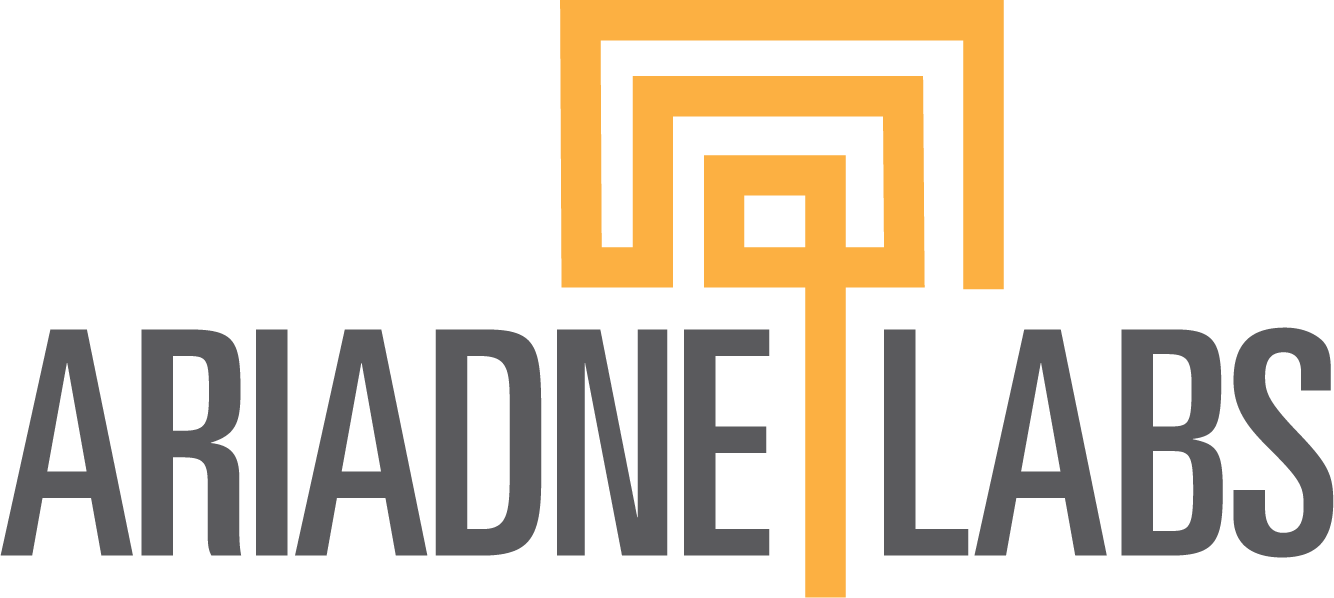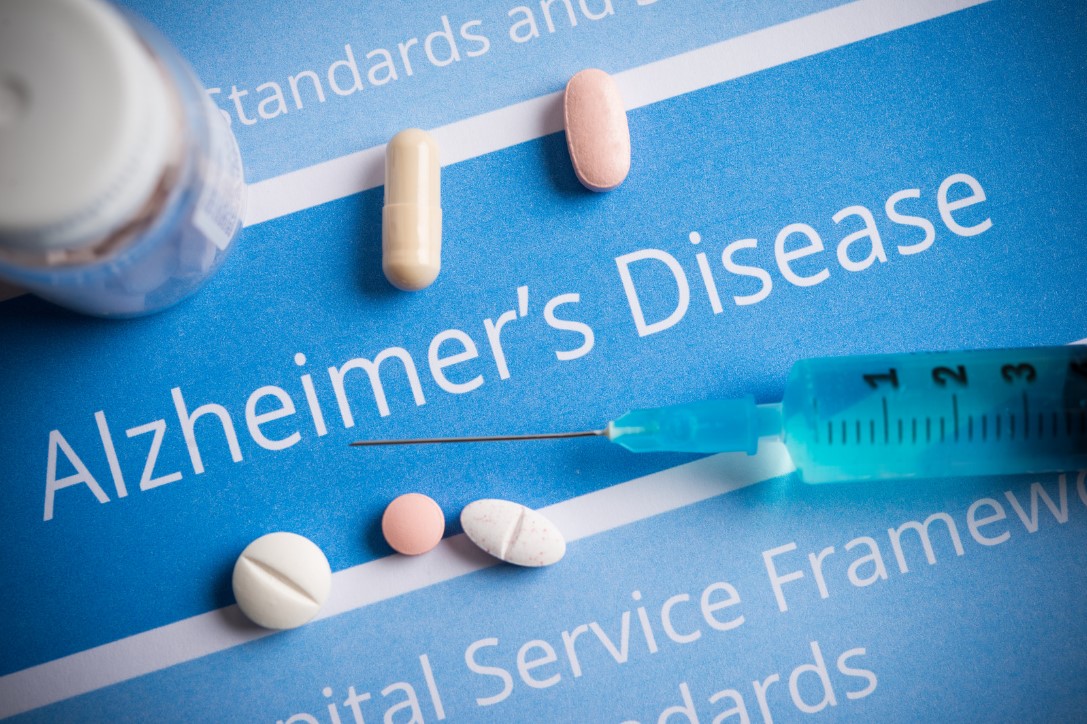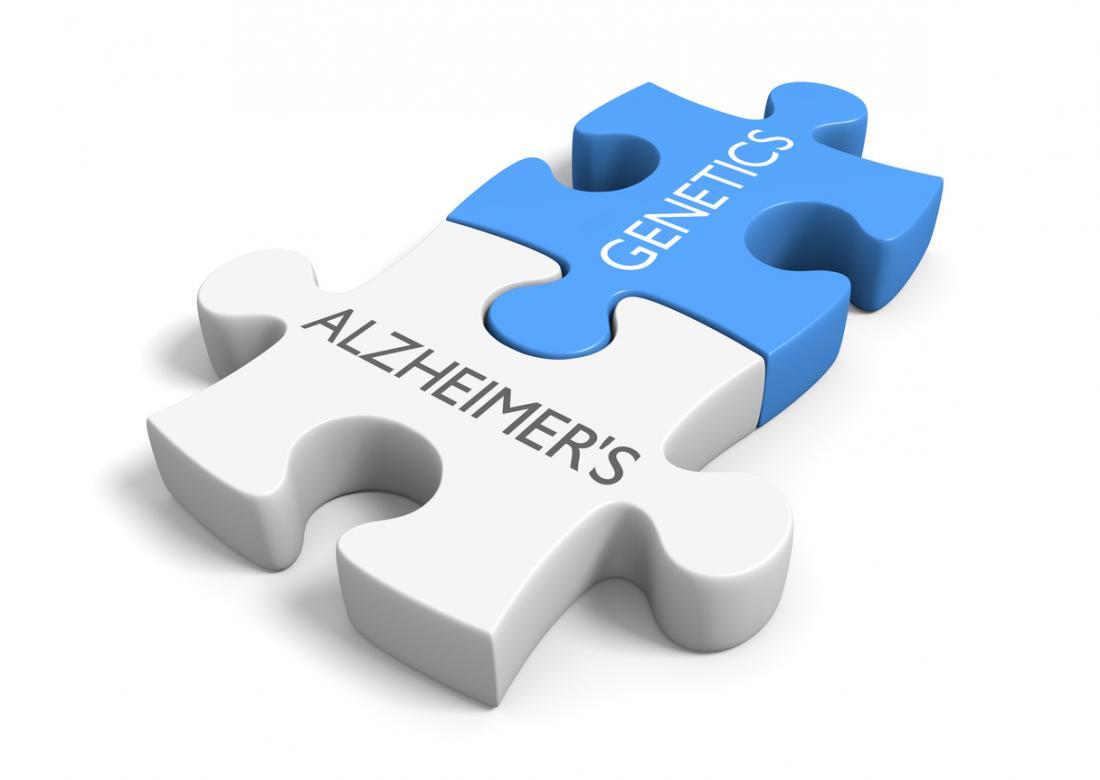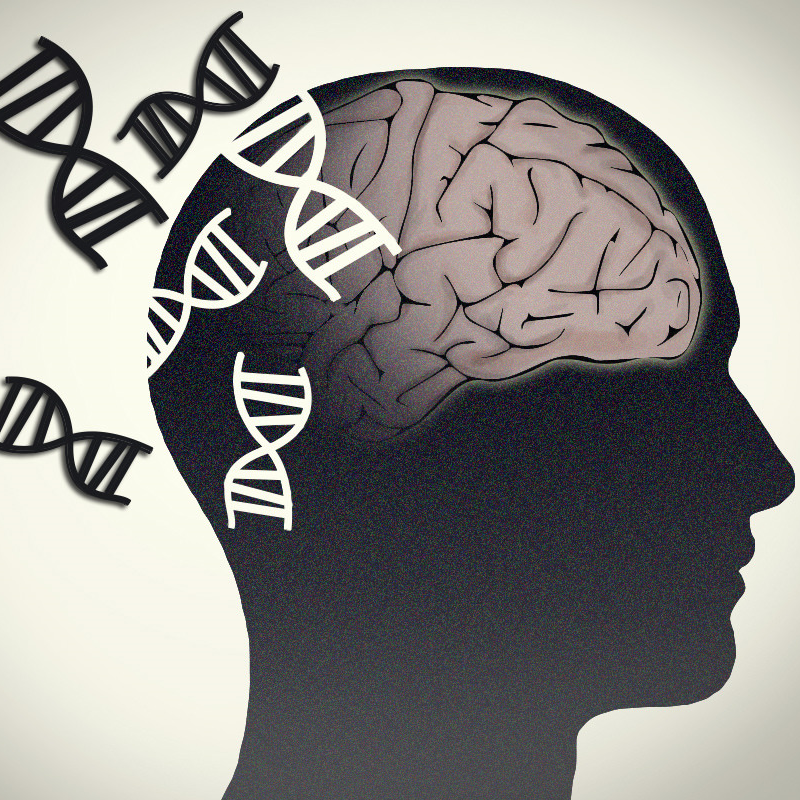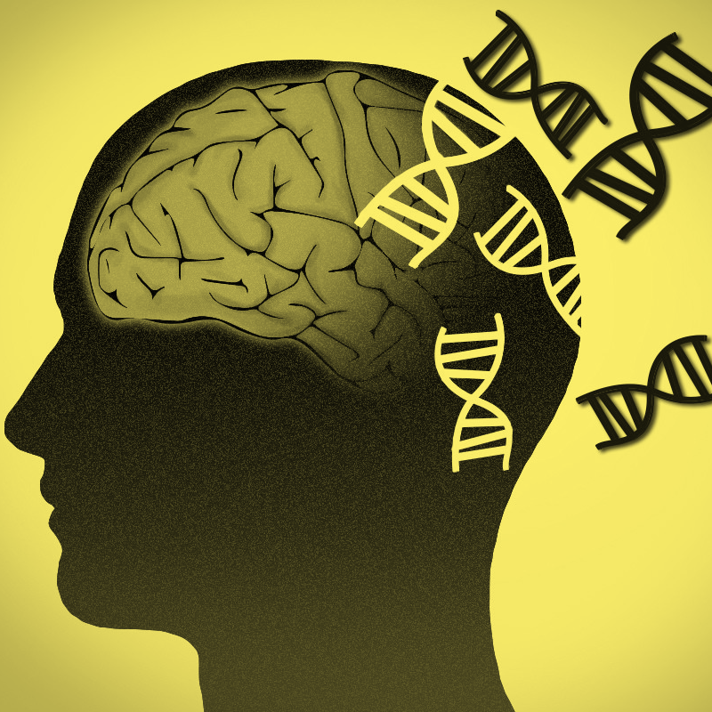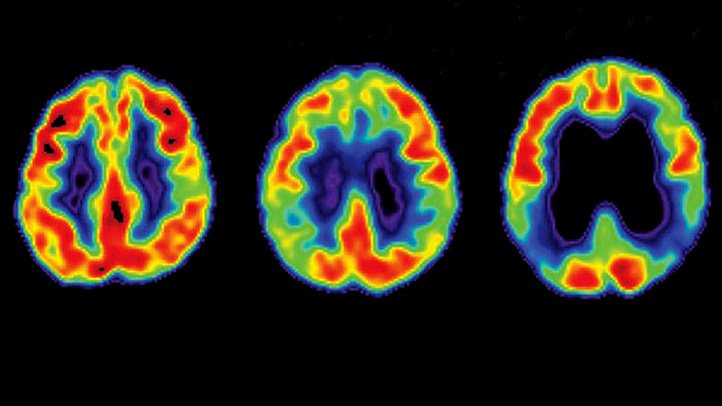Alzheimer's disease
The ADNI Administrative Core: Ensuring ADNI’s success and informing future AD clinical trials
The Alzheimer’s Disease Neuroimaging Intitiative in the era of Alzheimer’s disease treatment: A review of ADNI studies from 2021 to 2022
Public perspective on medications to delay Alzheimer’s disease symptoms

Robert C. Green: By sharing their genetic risks, Hemsworth, Jolie are raising awareness of testing
In this Chicago Tribune post, G2P Director Robert Green writes that Hemsworth and Jolie are accelerating awareness and acceptance of a future where we do not wait to respond to the ravages of so many diseases but rather anticipate, predict and prevent them through genomics.
Disclosing APOE genotype to individuals at risk for Alzheimer’s disease
Using the Alzheimer’s Disease Neuroimaging Initiative to improve early detection, diagnosis, and treatment of Alzheimer’s disease
How will Aducanumab approval impact Alzheimer’s disease research?
Genome-wide association study of rate of cognitive decline in Alzheimer’s patients identifies novel genes and pathways
Disclosing genetic risk of Alzheimer’s dementia to individuals with mild cognitive impairment
Association of TTR polymorphisms with hippocampal atrophy in Alzheimer disease families
Genetic architecture of subcortical brain structures in 38,854 individuals worldwide

Bioethicists worried patients couldn’t handle their own genetic testing results. They were (mostly) wrong
The first major randomized clinical trial on the effect of disclosing genetic information found that people who decided to learn about their genetic risk of developing Alzheimer’s disease did not experience large, negative psychological impacts.

Is ignorance really bliss when it comes to knowing your risk of Alzheimer’s? Medical experts are split
Dr. Robert Green and Kreg Klugman explore the pros and cons of knowing one’s risk for developing Alzheimer’s.

MIT scientists try to fix Alzheimer’s risk gene by editing RNA
MIT scientists used a novel tool to try to edit out a genetic risk for Alzheimer’s disease, they report in the journal Science. Dr. Robert Green gives his opinion on the new technology.

Should you find out if you’re at risk of Alzheimer’s?
Dr. Robert Green on learning of your genetic risk to developing Alzheimer’s quotes: “Not everything has a pill or medical-prevention plan, but many information-seeking persons can find all sorts of benefits in better understanding their risk of future disease.”
Diagnosis and Management of Alzheimer’s Disease and Other Dementias
Book
Communication predictors of patient and companion satisfaction with Alzheimer’s genetic risk disclosure

Plenary presentation at the Advances in Genome Biology and Technology Precision Health Meeting
Dr. Robert C. Green speaks at the 2018 Advances in Genome Biology and Technology (AGBT) Precision Health Conference in San Diego, California about our efforts to gather empirical data on genome sequencing healthy individuals. Watch to learn more about G2P’s MilSeq, BabySeq, MedSeq, PeopleSeq, PGen and REVEAL projects. Click here for more on the conference.
Minding the aging brain: Are we ready for personalized medicine?
The impact of genetic counselors’ use of facilitative strategies on cognitive and emotional processing of genetic risk disclosure for Alzheimer’s disease
Association analysis of rare variants near the APOE region with CSF and neuroimaging biomarkers of Alzheimer’s disease
A randomized controlled trial of disclosing genetic risk information for Alzheimer disease via telephone

G2P Newsletter May 2017
In spring, The New York Times highlighted G2P’s work with REVEAL-SCAN, team members participated in a 10k marathon to raise money for genetic research, and G2P researchers published a new article on direct-to-consumer testing.

New gene tests pose a threat to insurers
Dr. Green has found that people who learn they have the ApoE4 gene fare just as well if they get the results without counseling.those who learned they had the gene variant — Ms. Reilly was one of them — were nearly six times more likely to buy long-term care insurance than those who did not.
Disclosing genetic risk of Alzheimer’s disease to cognitively impaired patients and visit companions: Findings from the REVEAL Study
The Alzheimer’s Disease Neuroimaging Initiative 3: Continued innovation for clinical trial improvement
Novel genetic loci associated with hippocampal volume
Crowdsourced estimation of cognitive decline and resilience in Alzheimer’s disease

Genomes2People: a roadmap for genomic medicine
An overview and summary of the main projects that are being conducted within the G2P program, both past and present. This article also includes the progract managers and research assistants on each major project.
Global and local ancestry in African Americans: Implications for Alzheimer’s disease risk
Integration of bioinformatics and imaging informatics for identifying rare PSEN1 variants in Alzheimer’s disease
The executive prominent/memory prominent spectrum of Alzheimers disease is highly heritable

More information on genetic risks is actually reassuring, study finds
Within the REVEAL-SCAN study, one group of participants are given back the results on Alzheimer’s and additional heart disease information. Patients who are receiving the additional information are finding it reassuring that they can take measures to prevent at least one of their possible conditions if they have mutations for both.




